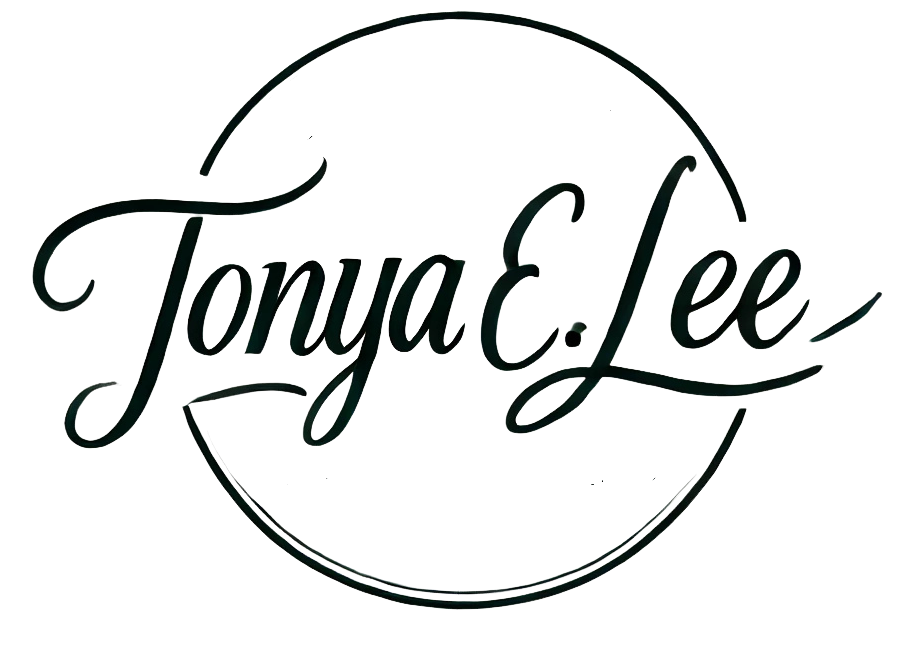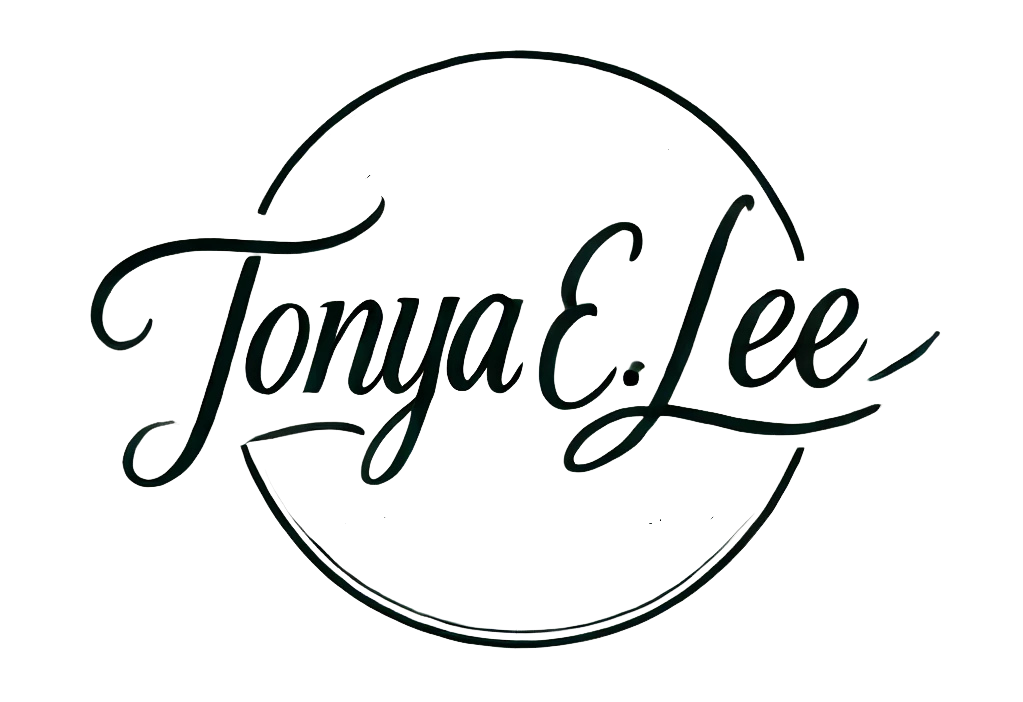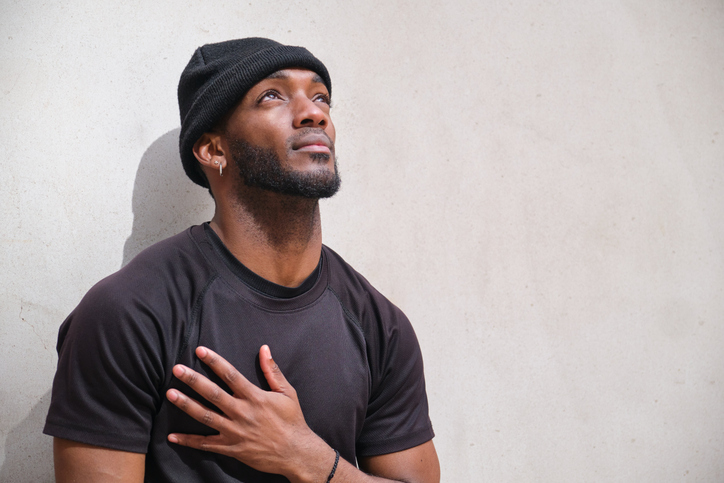How to Read the Bible (When You Have No Idea Where to Start)
So, you’ve decided you want to read the Bible. Amazing! One small problem—you open it up, start in Genesis, and three chapters in, you’re knee-deep in genealogies, wondering why you even started. Or maybe you flip to Revelation and immediately regret every decision that led you to this moment. Been there.
If you’re a new Christian (or even if you’ve been in church your whole life but never really read the Bible), I get it, it’s intimidating. The Bible is life-changing, but it can also feel overwhelming if you don’t have a plan. So, let’s talk about how to read Scripture in a way that actually makes sense—and helps you grow in your faith.
1. Don’t Start in Genesis (Unless You Love Long Lists of Names)
Yes, Genesis is foundational. But for someone new to Bible reading, it might not be the best place to start. The Bible isn’t like a novel where you begin on page one and read straight through. Instead, think of it like a library of books—66 in total, with 39 in the Old Testament and 27 in the New Testament—written by around 40 different authors over a span of approximately 1,500 years. These books include history, poetry, wisdom, prophecy, and letters—all telling one unified story of God’s plan for redemption and His love for humanity. The fact that so many authors, writing in different times and places, contributed to a single, cohesive narrative is nothing short of miraculous.
It’s a lot, so you need a place to begin. Try one of these first:
- The Gospel of John – A clear, powerful introduction to who Jesus is.
- Psalms – If you need comfort, encouragement, or raw honesty about life’s struggles.
- Proverbs – Bite-sized wisdom for everyday life.
- James – Practical guidance for living out your faith.
2. Pick a Translation That Makes Sense to You
If you’re reading and feel like you’ve been dropped into a Shakespearean play (thee, thou, begat—what?!), you might need a different translation. Some great, readable options include:
- NIV (New International Version) – Balanced, readable, and widely used.
- ESV (English Standard Version) – Accurate with a slightly formal tone.
- NLT (New Living Translation) – Conversational and easy to understand.
I use all three of these for different things. Mainly, for studying, I use the ESV. What can I say, sometimes Shakespeare speaks to me. But, if you aren’t into that kinda thing, the NIV is a great start.
If you’re still not sure, try using the YouVersion Bible App to compare translations side by side. I do this all the time. It’s super helpful.
3. Read with a Plan (Because Flipping Randomly Isn’t a Strategy)
Have you ever tried the “Bible flip” method? You randomly open to a page and hope God speaks directly to you? (That has never actually worked for me.) Instead, follow a reading plan:
- The 5-Minute Gospel Plan – Read one chapter a day from Matthew, Mark, Luke, or John (easy peasy).
- The Bible in a Year Plan – Read a little from the Old Testament, New Testament, Psalms, and Proverbs daily (harder and you are generally on your own for explanations).
- Topical Study Plan – Pick a topic like fear, faith, or wisdom and read related verses (this is good if you have something that you are struggling with).
YouVersion and BibleProject.com have tons of free plans to get you started. I’m doing this now on my YouVersion Bible App. So many great studies on there that are from 3-30 days, or even a year. Great stuff.
4. Ask, “What Does This Teach Me About God?”
Sometimes we approach the Bible asking, What does this say about me? What can I get out of this? But the better question is: What does this say about God? The Bible is first and foremost God’s revelation of Himself. Before jumping to personal application, ask:
- What does this passage reveal about God’s character?
- How does this fit into the bigger story of the Bible?
- What is God teaching me through this?
5. Don’t Read Alone—Find Community
Reading Scripture is powerful, but it’s even better when you can talk about it with others. Join a Bible study, ask a mentor for recommendations, or just grab a friend and read together. The Bible was never meant to be a solo journey. There’s a lot of bad theology out there, so don’t jump on TikTok or Instagram for deep theological meaning. Join a church group. Jump into a bible study with people who are intentionally walking the same path as you are, making sure it’s led by mature people in the faith. The Christian life is a community life.
Just Start
You don’t have to be a Bible scholar. You don’t have to understand everything the first time you read it. Honestly, no one does. Just start. One chapter, one passage, one verse at a time.
Because here’s the truth—the Bible isn’t just another book. It’s the living, breathing Word of God (Hebrews 4:12). It has the power to change your heart, renew your mind, and shape your eternity. The more you read, the more you’ll see God’s hand in your life. The Bible isn’t about checking a box—it’s about transformation. Dive in, and let God do the rest.
☕ A little faith, a little courage, and a whole lot of stubborn joy. – Tonya
What’s been your biggest struggle in reading the Bible? Drop a comment below—I’d love to hear your thoughts!
© 2025 All posts written by Tonya E. Lee








